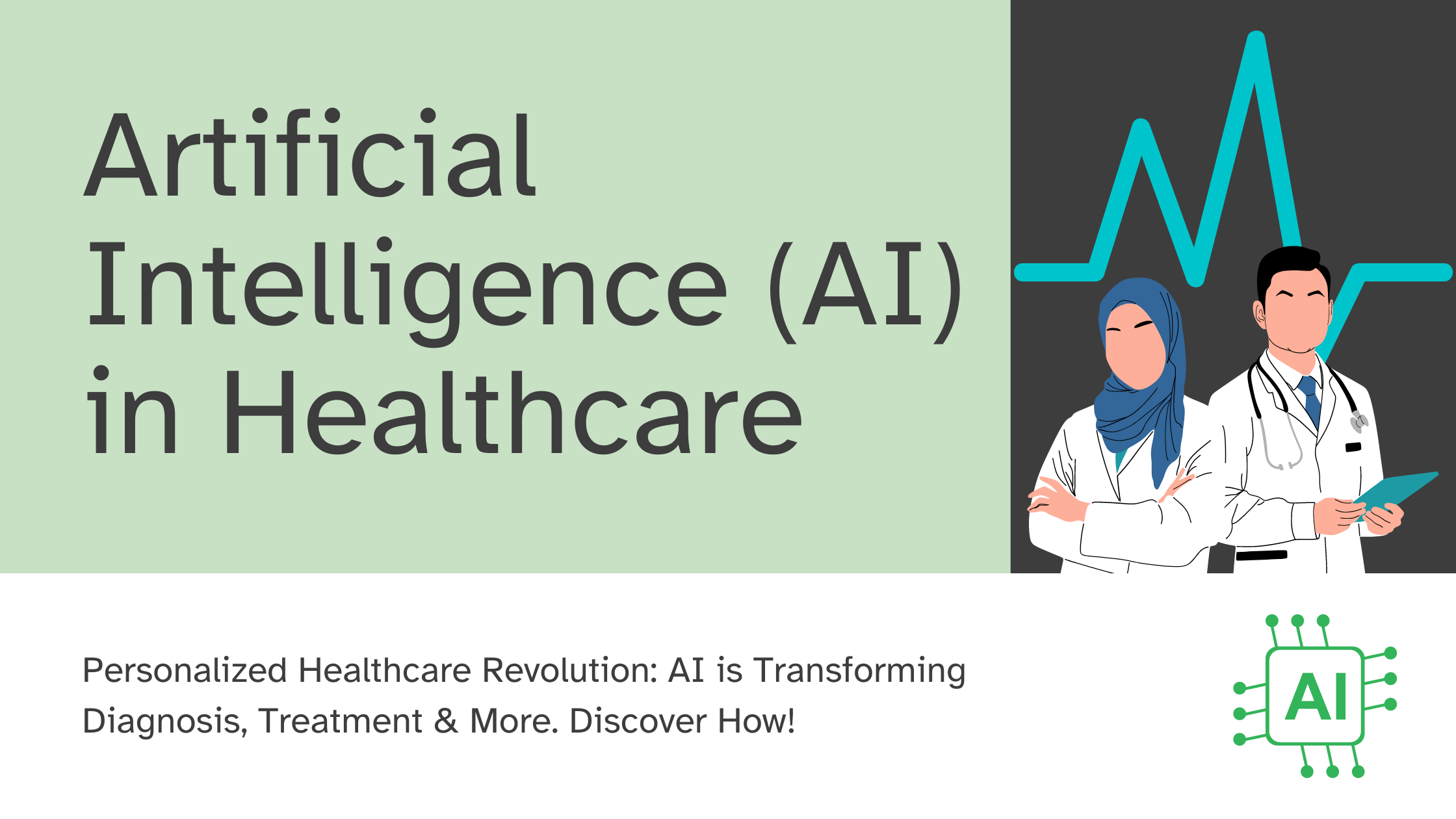The healthcare landscape is brimming with exciting possibilities thanks to artificial intelligence (AI). AI is no longer science fiction; it’s rapidly becoming a reality that’s improving patient care, streamlining processes, and even saving lives.
AI in healthcare encompasses a wide range of technologies, including machine learning, natural language processing, and deep learning. These algorithms can analyze vast amounts of medical data – from patient records and imaging scans to genetic information – to identify patterns and trends that would be difficult, if not impossible, for humans to see.
How is AI Transforming Healthcare?
Here are just a few examples of how AI is making waves in the healthcare sector:
Mastering Medical Images
AI can help to classify and segment data from 2D and, more importantly, 3D medical imaging exams like CT scans and MRIs. This involves training AI models to identify and categorize specific structures within these images. Imagine an AI system that can pinpoint a tumor in an X-ray or highlight specific organs in a CT scan with incredible accuracy. This empowers doctors with a sharper, AI-powered lens to analyze medical data, leading to more precise diagnoses.
From Diagnosis to Personalized Treatment
By analyzing vast datasets of Electronic Health Records (EHRs), we can train AI models to forecast patient outcomes. This empowers doctors to tailor treatment plans not just on diagnoses, but also on the likelihood of specific responses. Imagine predicting a patient’s potential reaction to a new medication, allowing for personalized and optimized treatment strategies.

Optimizing Clinical Trials: Making Data-Driven Decisions
The power of AI extends beyond individual patients. By using the insights gleaned from EHRs and predictive modeling, we can delve into optimizing clinical trial testing decisions. Imagine AI models helping researchers identify the most suitable patient groups for specific drug trials, leading to more efficient and targeted research efforts.
Extracting Insights from Wearable
With the growing popularity of fitness trackers and smartwatches, a treasure trove of health data is at our fingertips. We can develop algorithms that utilize data collected from these devices, like motion sensors, to estimate crucial health parameters like pulse rate even when the wearer is moving. Imagine an AI system that can monitor a patient’s heart rate during exercise, providing valuable insights that might otherwise be difficult to obtain.
This is just a glimpse into the immense potential of AI in healthcare. By acquiring these skills, you’ll be well-equipped to contribute to building the future of medicine – a future where personalized treatments and data-driven decisions lead to better outcomes for everyone.
The Benefits and Challenges of AI in Healthcare
While AI holds immense promise for the future of healthcare, there are also challenges that need to be addressed. These include ensuring the accuracy and security of AI algorithms, addressing potential biases in data sets, and navigating ethical considerations.
However, the potential benefits of AI in healthcare far outweigh the challenges. As we move forward, collaboration between healthcare professionals, AI developers, and policymakers will be crucial to ensure that AI is used ethically and effectively to improve patient care for everyone.
Ready to take the first step in this exciting journey? This comprehensive online course, “AI for Healthcare”, provides a structured learning path that equips you with the necessary skills to develop and implement cutting-edge AI solutions in the healthcare sector. From mastering medical image analysis to building predictive models and working with wearable device data, this course offers a rich learning experience that will empower you to make a real difference. Enroll today and unlock the potential of AI to revolutionize healthcare!

